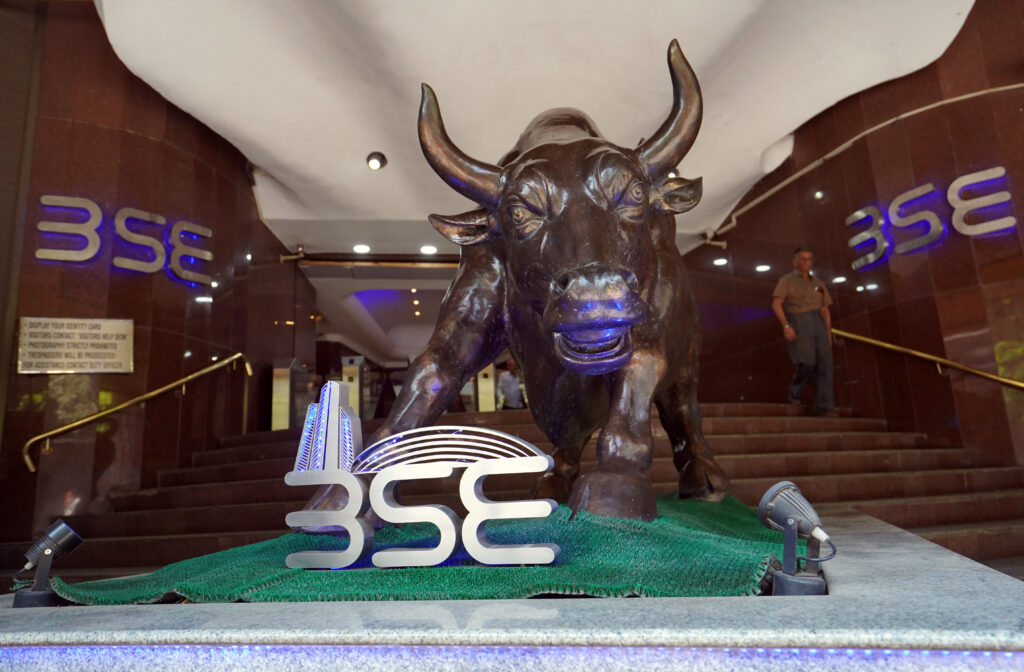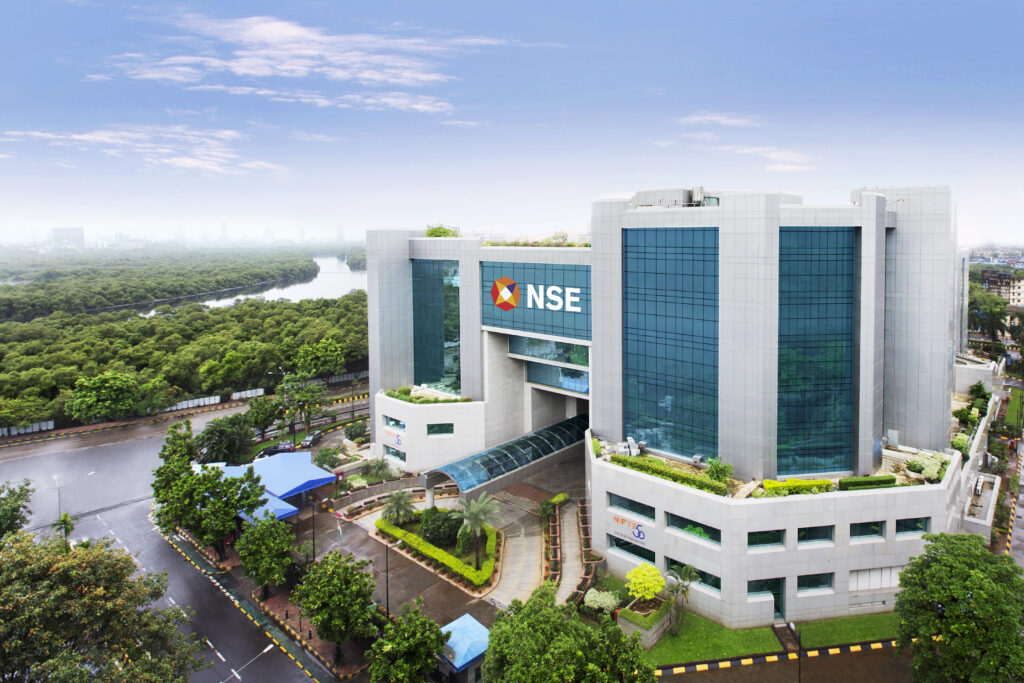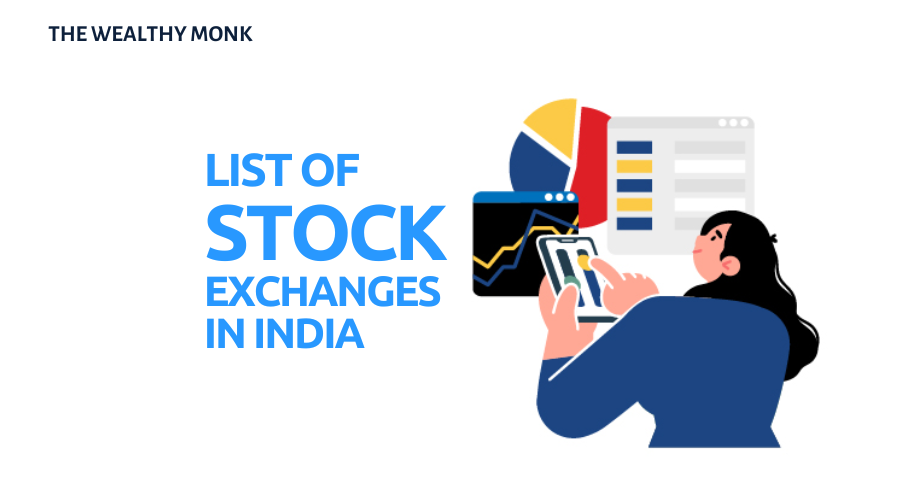India’s stock market is one of the oldest and most dynamic among emerging economies. With improvements in exchange infrastructure and investor protection led by the Securities and Exchange Board of India (SEBI), trade volumes have surged. The rise of technology, such as mobile app trading, has further fuelled this growth.
India is home to several stock exchanges, with the Bombay Stock Exchange (BSE) and National Stock Exchange (NSE) being the most well-known. However, there are additional permanent exchanges that contribute to the financial market ecosystem.
Here’s a complete list of the key stock exchanges in India.
List of Stock Exchanges in India
A stock exchange is a platform where buyers and sellers come together to trade financial assets like stocks, commodities, and currencies. While India has about nine exchanges, only a few are active and permanent.
1. Bombay Stock Exchange (BSE)

The BSE is the oldest stock exchange in Asia, established in 1875. Located at Dalal Street, Mumbai, BSE was originally called The Native Share & Stock Brokers Association. It boasts a rich history, beginning in the 1850s when 22 brokers would meet under banyan trees to trade.
The BSE is home to several key indices, including Sensex, which tracks the top 30 companies across 10 sectors. Other important indices include BSE 100, BSE 200, BSE MIDCAP, and BSE FMCG.
BSE also offers trading in derivatives, commodities, and futures. Its commodities segment covers products such as gold, silver, crude oil, and cotton.
2. National Stock Exchange (NSE)

Established in 1992, the NSE quickly became a leading player in India’s stock market. It introduced an advanced electronic trading system, eliminating paper-based settlement.
NSE is known for its flagship index, the Nifty 50, which tracks the top 50 companies listed on the exchange. Other important indices include Nifty Next50, Nifty Midcap150, and Nifty Smallcap250.
NSE also offers commodities and currency derivatives, along with equity trading.
3. Multi-Commodity Exchange (MCX)
MCX is India’s largest commodity exchange, dealing primarily in non-agricultural products like gold, silver, and crude oil. Launched in 2003, it became the first listed commodity exchange in India. MCX recently introduced index futures contracts like MCX BULLDEX and MCX METLDEX, which are widely used by hedgers and traders.
4. National Commodity and Derivatives Exchange (NCDEX)
The NCDEX specializes in agricultural products, offering derivatives on commodities such as cereals, pulses, and oilseeds. Key products include Chana, Mustard Seed, and Soybean. The AGRIDEX index tracks the performance of these agricultural commodities.
5. India International Exchange (India INX)
Launched in 2017, India INX is India’s first international exchange, located at GIFT City, Gujarat. It operates with cutting-edge technology and facilitates 22 hours of trading each day, offering derivatives in equity, currency, and commodities.
6. NSE IFSC
NSE IFSC is a subsidiary of NSE, located at GIFT City, Gujarat. It offers similar products to India INX, including derivatives and debt instruments like masala bonds.
7. Indian Commodity Exchange (ICEX)
ICEX is a commodities exchange offering unique products like diamond derivatives. Though its operations were suspended in 2014, it resumed in 2017 and now trades in various agricultural and non-agricultural commodities.
8. Calcutta Stock Exchange (CSE)
The CSE is one of India’s oldest stock exchanges, established in 1908. Although it has faced challenges in recent years, it continues to operate as a registered stock exchange with SEBI.
9. Metropolitan Stock Exchange (MSE)
MSE is a recognized stock exchange offering a range of products, including currency derivatives, debt instruments, and equity futures. It started operations in 2012 and is growing steadily.
Which Stock Exchange Should Investors/Traders Transact in India?
Selecting the right stock exchange depends on the type of assets you want to trade and the companies listed. Most companies are listed on both BSE and NSE, so you can trade on either exchange. For commodity trading, MCX offers a broader range of non-agricultural products, while NCDEX is better for agricultural commodities.
Final Thoughts
The stock exchanges in India play a vital role in driving the country’s financial markets. Whether you are trading equities or commodities, understanding the different exchanges and their offerings is key to making informed investment decisions.
Happy Investing!
Disclaimer: This blog is solely for educational purposes. The securities/investments quoted here are not recommendatory.

Leave a Reply